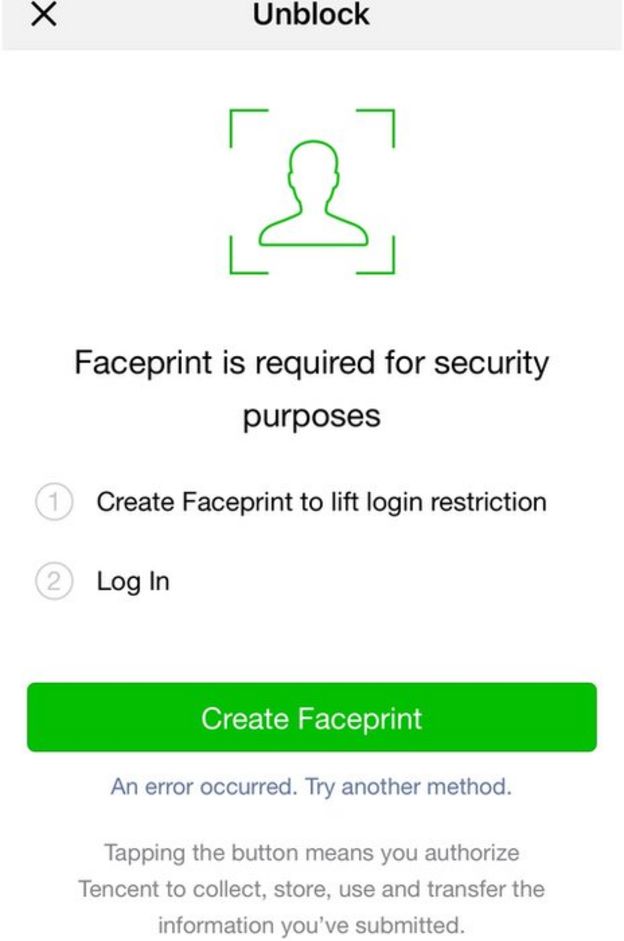
This is simply unbelievable on how WeChat, China’s superapp, can execute such at scale. This is from Fortune newsletter (apologies for posting at scale here). This implication is simple: WeChat can become SSS, Police and agent of commerce at the same time. Read below, especially the bolded section.
I’ve written a lot about the wonders of WeChat, the multi-functional “super app” operated by China’s Tencent Holdings. I’m not alone in considering WeChat one of the world’s most innovative digital platforms. Launched in 2011 as a messaging service similar to WhatsApp, WeChat has emerged as China’s dominant messaging app and rapidly morphed into an all-in-one platform for social networking, mobile payment, money transfers, ride hailing, food delivery and much, much more.
In February of this year, Tencent announced that WeChat had amassed more than 1 billion monthly active users. As CEO Daily readers who have visited China recently will know, WeChat (or Weixin, ??, as it is known in Chinese) has become an indispensable part of everyday life in modern China. It’s been called China’s “one app to rule them all.”
But WeChat has a creepy dark side—one explained simply and clearly by a recent blog post from BBC Beijing correspondent Stephen McDonnell. Earlier this month, McDonnell travelled to Hong Kong to cover a candlelight vigil marking 30 years since the People’s Liberation Army was ordered to open fire on student protesters in Tiananmen Square. The event drew a record crowd this year, with some estimates ranging as high as 180,000 people. McDonnell took photos of the event with his mobile phone and posted some on his WeChat Moments account.
McDonnell waited a day for his WeChat privileges to be restored. When he next tried to log in, he was instructed to tick an “agree and unblock” box confessing that the reason he had been blocked was for “spreading malicious rumors.” He agreed, and was then instructed to hold his phone up, take a photo of his face, and read a series of numbers around in Mandarin. After his face and voice had been successfully captured, he received a big green tick confirming that his request to regain access to WeChat had been approved.
A recent study by the University of Toronto’s Citizen’s Lab found WeChat is not only capable of filtering keywords and but can detect and block images deemed sensitive without users’ knowledge. The prospect that WeChat can not only recognize such images but then force users to add themselves to a database of suspicious users is a terrifying one—and not only for journalists. I know many senior IT executives at large financial institutions in Hong Kong who adamantly refuse to download WeChat even though (or perhaps because) they travel regularly for work on China’s mainland


